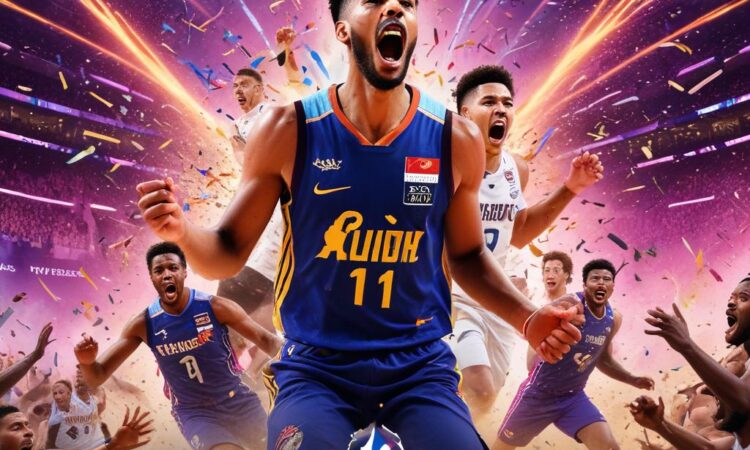Tournament Shockers: A Deep Dive into Unexpected Results
Hey everyone! Last week’s MegaTournament was, to put it mildly, *wild*. We saw some seriously unexpected results, major upsets, and performances that left us all scratching our heads (in a good way, mostly!). So, let’s dive into the chaos and unpack what made this tournament so memorable.
First off, let’s talk about the underdog story of the century – Team Underdogs (seriously, that’s their name). Nobody gave them a snowball’s chance in Hades, predicting a swift exit in the early rounds. But these guys, fueled by sheer determination and apparently an endless supply of caffeine, stormed through the competition. Their secret weapon? A surprisingly aggressive early-game strategy focusing on rapid map control. They weren’t afraid to take risks, and it paid off big time. They consistently outmaneuvered their opponents, catching them off guard with unexpected flanking maneuvers and lightning-fast attacks. It was truly inspiring to watch.
Then there was the collapse of Team Titans, the reigning champions. They were heavily favored to win again, their consistent performance in previous tournaments making them the clear favorites. But something shifted. Their usually flawless coordination seemed to crumble under pressure. We saw uncharacteristic errors, miscommunications, and a noticeable lack of their trademark strategic depth. While some attribute this to simple bad luck, others point to a possible shift in the meta-game that Team Titans failed to adapt to. The analysis is still ongoing but either way, it was quite the upset.
Individual performances also deserve a mention. “Sparky” from Team Phoenix absolutely dominated the leaderboard with a stunning K/D ratio. His mastery of the new “Inferno” weapon was breathtaking, leaving opponents scrambling to counter his aggressive playstyle. He practically single-handedly carried his team to the semi-finals, showcasing incredible skill and adaptability. His performance sparked a lot of discussion about the weapon’s balance and its potential impact on future tournaments. It’s certainly something the developers will need to examine more closely.
Another interesting aspect was the unexpected rise of a new strategy: the “Turtle Tech.” Several teams adopted a heavily defensive approach, prioritizing map control and resource gathering over aggressive engagements. While initially dismissed as overly passive, this strategy proved surprisingly effective in wearing down opponents, ultimately leading to several unexpected victories. It highlights the evolving nature of the game and the importance of adapting to new strategies.
The overall context of the event also played a significant role. The introduction of the new map, “Crimson Canyon,” significantly altered the dynamics of the gameplay. Its unique layout and environmental hazards forced teams to reconsider their traditional strategies, leading to a more unpredictable tournament overall. The increased complexity of the map challenged players to think strategically about positioning and map awareness, contributing to some of the thrilling moments we saw unfold.
Beyond the specific winners and losers, this tournament showcased the importance of adaptability, strategic depth, and the sometimes unpredictable nature of competitive gaming. It was a reminder that even the most seasoned players can be surprised, and that innovation and a willingness to experiment are crucial for success. The MegaTournament was a rollercoaster of emotions, filled with exciting matches and unexpected twists. It left us anticipating the next one with a mixture of excitement and healthy dose of uncertainty.
So, what did we learn? Well, several things: never underestimate the underdog, adaptability is key, and that the meta-game is constantly evolving. We also learned that a healthy dose of caffeine can go a long way! It was a crazy week, and we can’t wait to see what the next tournament brings.
This analysis is just a starting point, of course. There’s plenty more to dissect and debate about the MegaTournament. What were your thoughts? Let us know in the comments below!

